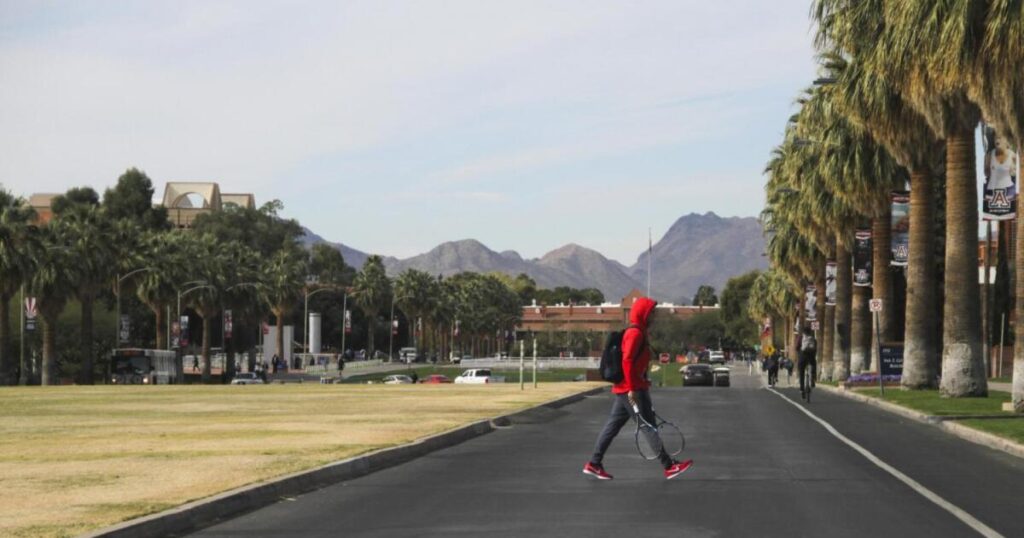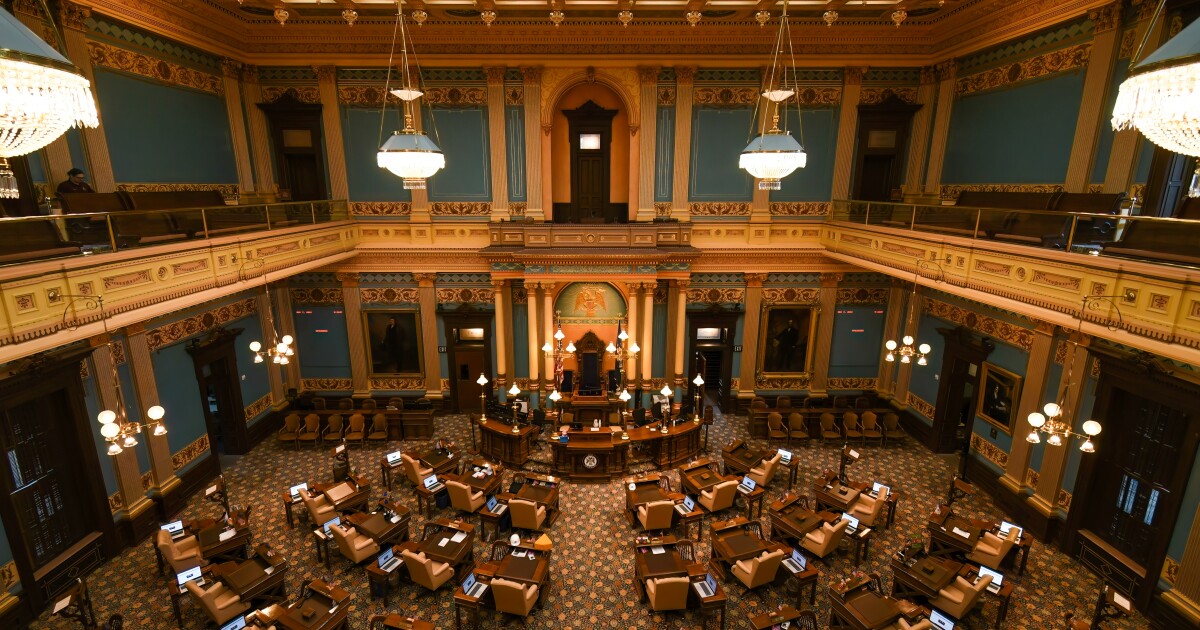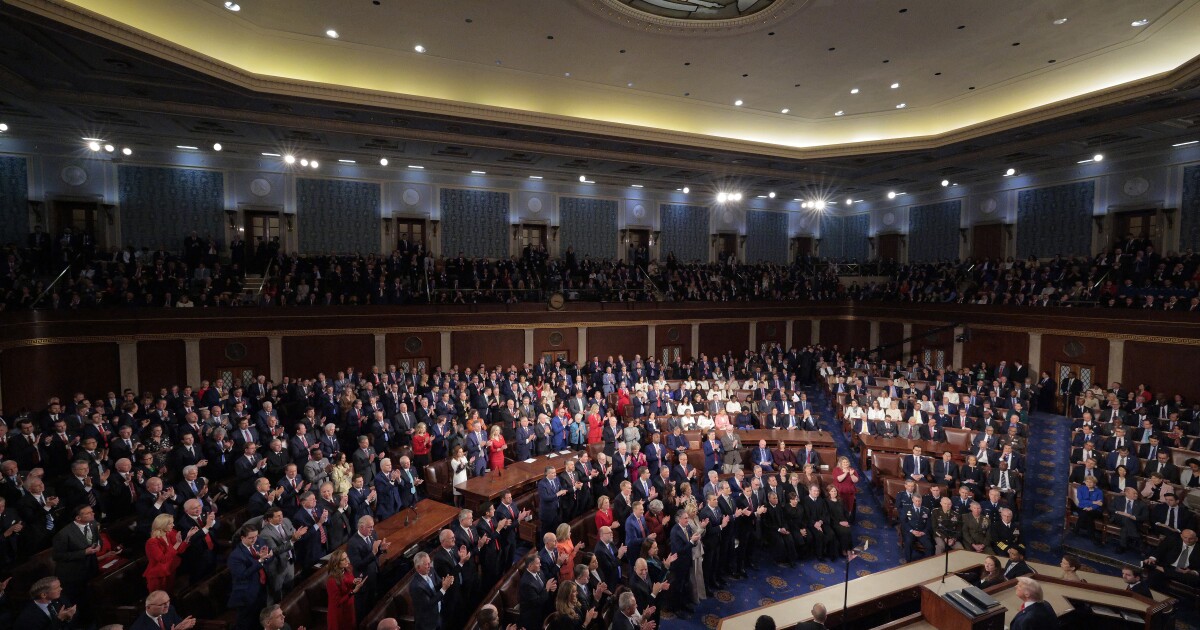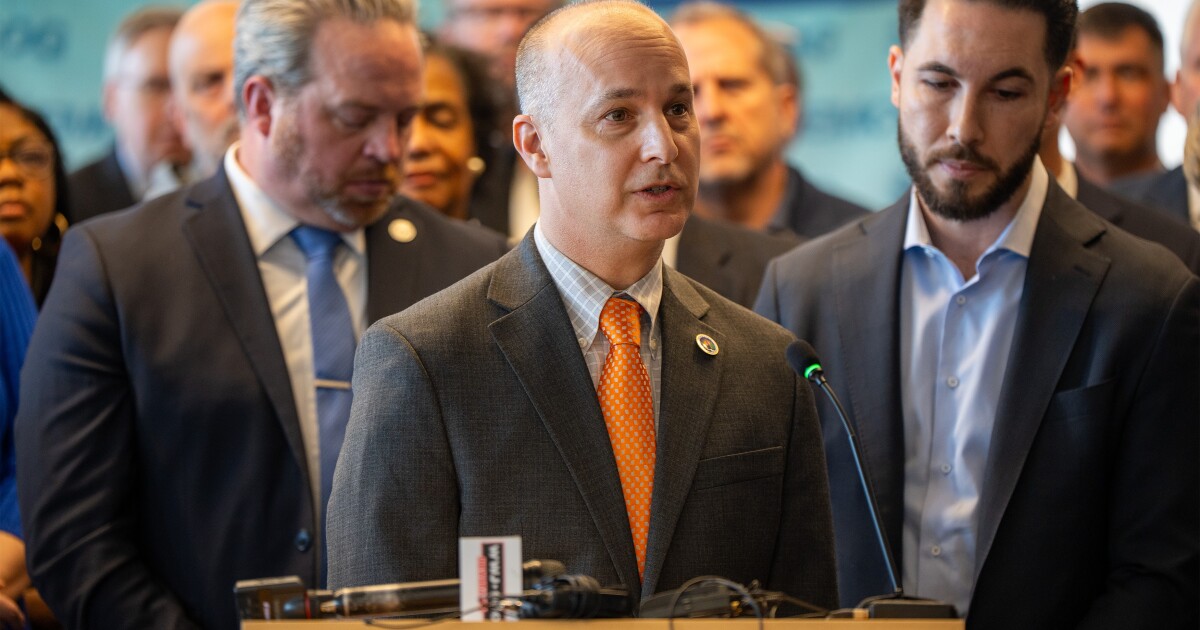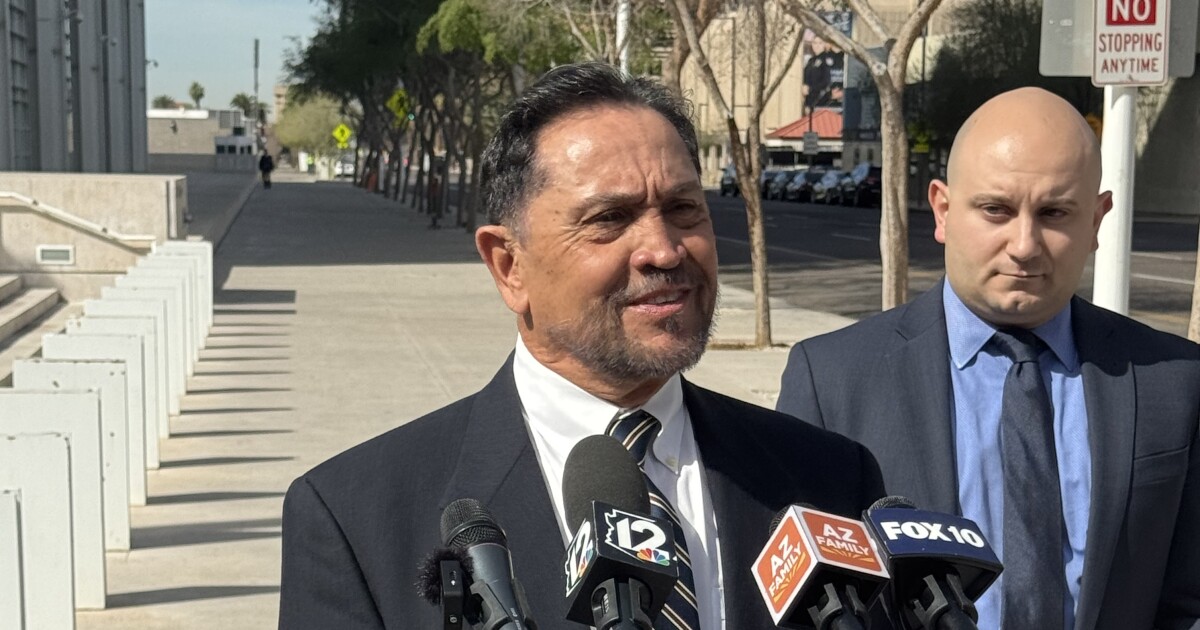As discussions around President Donald Trump’s proposed higher-education compact intensify, universities are facing mounting pressure to make decisions. According to sources, the White House invited five universities for a call on Friday to debate the compact, which promises certain benefits tied to political commitments. The University of Virginia was quick to decline.
The White House’s invitation to nine universities to sign the compact has seen several rejections. The compact seeks university commitments aligning with Trump’s political agendas in return for prioritized research funding access. As the October 20 deadline looms, none have endorsed the deal.
Currently, Dartmouth College, the University of Arizona, the University of Texas, and Vanderbilt University remain undecided. They have not commented on the recent call with the White House.
The University of Virginia expressed concerns in a letter from interim president Paul Mahoney, stating that federal funding based on non-merit factors could erode public trust in academia. Mahoney emphasized collaboration on more sustainable higher-education improvements.
The University of Texas system’s leaders previously expressed honor at being considered, but other undecided institutions have remained silent on their stance.
The advantages of the compact for universities remain ambiguous. Trump’s administration claims the compact offers “multiple positive benefits,” including better access to federal funding, in return for adopting commitments aligned with conservative values.
These commitments include removing race and sex from admissions, accepting a strict definition of gender, promoting conservative ideologies, and maintaining “institutional neutrality” on current events.
At Vanderbilt University, some students expressed concerns over potential implications if the university signs the compact. Marjolein Mues, a postdoctoral researcher, voiced her worries about potential future government interference in academic research.
The Massachusetts Institute of Technology was the first to reject the compact, citing threats to free speech and institutional independence. Similar reasons were given by Brown University, the University of Pennsylvania, and the University of Southern California in their refusals.
Protests and criticism from academia, political figures, and student bodies have emerged against the compact, aiming to reshape higher education without legislation. California Governor Gavin Newsom and Virginia Democrats have threatened funding cuts for any participating universities.
Over 30 higher education organizations, led by the American Council on Education, urged the withdrawal of the compact, highlighting concerns over governmental control and academic freedom.
Trump’s administration aims to influence prestigious universities, historically seen as liberal strongholds. Harvard University was notably targeted, facing cuts to research funding and attempts to block foreign student enrollment, which were later overturned by a federal judge.
While some universities have faced funding reductions amid investigations, the White House views the compact as a strategic move to set policy on campuses. Trump, via Truth Social, claimed the compact would initiate “the Golden Age of Academic Excellence,” targeting campuses he perceives as promoting “WOKE, SOCIALIST, and ANTI-AMERICAN Ideology.”
—
Read More Arizona News

